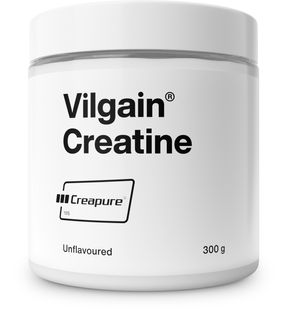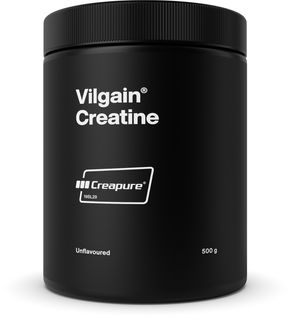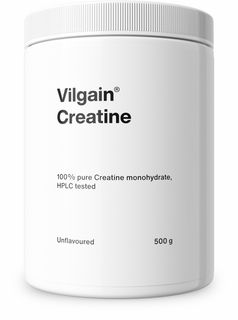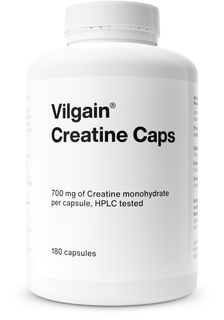Diets
Brand
Flavor

Vilgain Creatine Creapure®
– the purest source of creatine on the market, German-sourced and supports strength and performance
300 g
£15.99
£17.99

Vilgain Creatine Creapure®
– the purest source of creatine on the market, German-sourced and supports strength and performance
500 g
£23.99
£27.99

Vilgain Creatine Creapure®
– the purest source of creatine on the market, German-sourced and supports strength and performance
120 capsules
£13.99

Vilgain Creatine
– micronized creatine monohydrate, high absorption, HPLC tested, strength and performance support
500 g
£17.99


